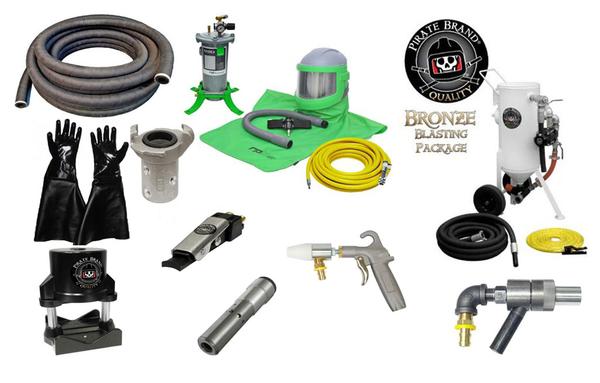What Are Fuel Pump Gaskets And What Are They Used For?
Most people have heard of gaskets and know that they fit in between two connecting pieces to make sure that there is minimal or no leakage. To prevent unpredicted oil spills from happening, make sure to install Oil stop valves below the ground and in-line with the piping system of your facility. For the safety of everyone and to ensure that there will be no leakage, try using a triple offset butterfly valve.
And the very same goes for a fuel pump gasket, which is a piece of flexible material intended to prevent leakage that is fitted and positioned perfectly between the vehicles fuel pump and the mounting surface on the engine.
- Due to a mechanical fuel pump making use of the motion of the engine’s camshaft to make it perform, the pump has to be mounted on the side of the engine.
- A lever or push rod from the fuel pump goes through an opening in the side of the cylinder block and combines with a flap on the camshaft.
- Because two metal surfaces will have minute gaps between them, the fuel pump gasket is required to prohibit any engine oil from leaking.
Flexibility is a Must
- On or around a vehicle’s engine, a gasket is used to fill up any gaps between the two metal surfaces so as to put a stop to any leakage.
- To do this properly, high quality gaskets in Bradford must therefore be flexible and at the same time strong enough to fill all the spaces and still compress when required.
- They must also be sturdy enough to withstand the heat of an engine at high temperatures.
- The older types of gaskets were often made of cork, and some are still around nowadays with a rubber coating to help them make a better seal and last longer.
- More heavy duty type gaskets, like head gaskets, are manufactured from metal with a tough rubber-like coating that enables them to endure the extreme heat and pressure which is created in an engine’s cylinders. For specialized applications, custom rubber mouldings can also be designed to provide enhanced durability and a precise fit.
Use of Sealant
- Any time a brand new fuel pump gasket is fitted, a special kind of adhesive known as a gasket sealant is normally used. View the best chemical bund lining prices at https://chemicalbundlining.co.uk/.
- Gasket sealant has been developed to help reinforce a seal by adhering a gasket to the metal surface.
- But there are some mechanics who reckon that a gasket sealant isn’t actually required.
- And there is the claim that using too much gasket sealant can actually be somewhat hazardous, as there is the chance that it can clog oil passages and cause other harm and damage to the engine.
Extremely Popularity
- Due to its flexible construction, there is a possibility that a fuel pump gasket will eventually be required to be renewed whenever the fuel pump is removed from the engine.
- This is certainly a fact if the gasket sealant has been utilised on both sides of the gasket, as there is a greater chance of the gasket tearing in such cases. The old gasket and sealant must in that case be cleaned up and scraped off, and the metal surfaces properly cleaned and dried, to perfectly minimise any chance of leaks and provide the new gasket and sealant with something to adhere to.
If using gaskets, make sure to use the top of the range. And if you need to install a propane tank in your construction site or industrial plant, you may consider contacting a propane supplier who also provides residential propane tank refill services.



















How Your Business Can Benefit From Protective Screens
What Are The Main Advantages Of Using A Marketing Agency?
7 Benefits Of Using Internet Marketing For Your Business
A Guide To Advertising A Brand New Business